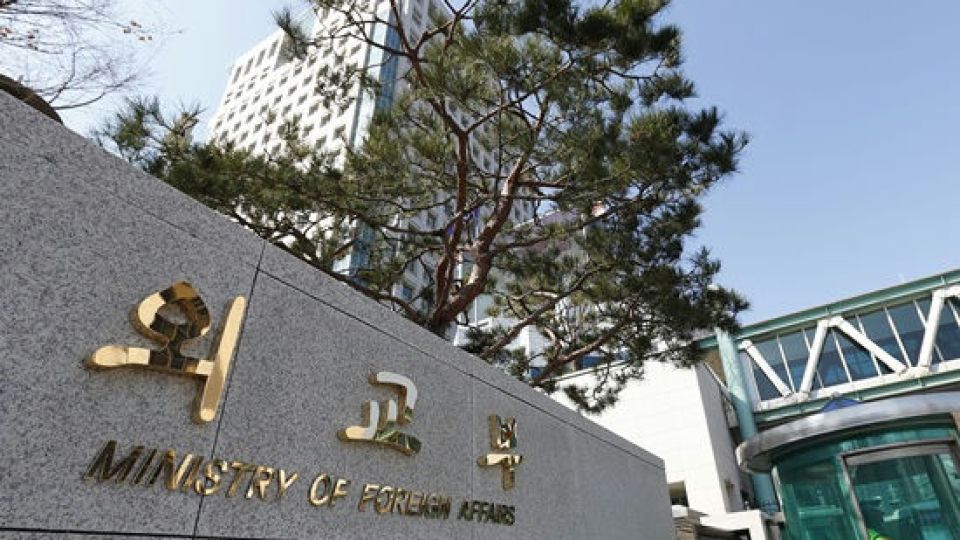March 25, 2025
SEOUL – Amid concerns over South Korea’s lull in high-level diplomacy caused by the Dec. 3 martial law debacle, Seoul is moving to reinvigorate its diplomatic outreach, using acting President Han Duck-soo’s return to office as an opportunity to reengage.
Prime Minister and acting President Han Duck-soo, who was suspended after the National Assembly passed an impeachment motion against him, returned to office Monday after a Constitutional Court decision to dismiss the motion.
Following Han’s reinstatement, the Foreign Ministry said First Vice Foreign Minister Kim Hong-kyun spoke with Joseph Yun, acting US ambassador to South Korea, to explain the court ruling. Both sides reaffirmed their commitment to strong bilateral ties, with Yun emphasizing Washington’s firm support for the alliance and calling for continued close communication, the ministry added.
Deputy Minister for Political Affairs Jeong Byung-won also spoke by phone with Daisuke Mibae, deputy chief of mission at the Japanese Embassy in Seoul, and Dai Bing, Chinese ambassador to Korea, pledging close cooperation to ensure the continued development of bilateral relations.
Later in the afternoon, Foreign Minister Cho Tae-yul dismissed speculation that the US Department of Energy’s recent designation of South Korea as a “sensitive country” reflects a weakening of trust between the two allies.
“The Department of Energy has clarified that the designation will not impose new restrictions on joint research or scientific and technological cooperation between South Korea and the United States,” Cho said at the National Assembly’s Foreign Affairs and Unification Committee.
“We have also received consistent messages from the US State Department and the National Security Council reaffirming the strength of the bilateral partnership,” he added.
South Korea was placed in Tier 3 on the list during the Biden administration, which is the lowest category — below Tiers 1 and 2, which are reserved for countries associated with nuclear proliferation or terrorism concerns.
Regarding the designation, which is widely believed to be based on security concerns, Cho added that the US has not provided a detailed explanation, though the ministry is taking the matter seriously.
The remarks were made amid concerns emerging that South Korea may have been excluded from key diplomatic engagement efforts by the United States.
According to Japanese public broadcaster NHK on Monday, US Director of National Intelligence Tulsi Gabbard, who oversees the nation’s 17 intelligence agencies including the CIA and FBI, omitted South Korea from her recent Asia tour. The trip, which included Hawaii, Japan, Thailand, India and France, marked her first overseas visit since taking office Feb. 12.
In addition, US Secretary of Defense Pete Hegseth is scheduled to visit Hawaii, the Philippines and Japan starting early next week, but his planned stop in Seoul was canceled at the last minute. Although South Korea’s Defense Ministry had coordinated with Washington for the visit, Seoul was ultimately removed from his itinerary, according to news reports.
The US Department of Defense described Hegseth’s trip as part of efforts to build “unprecedented cooperation with like-minded countries to enhance regional security.”


